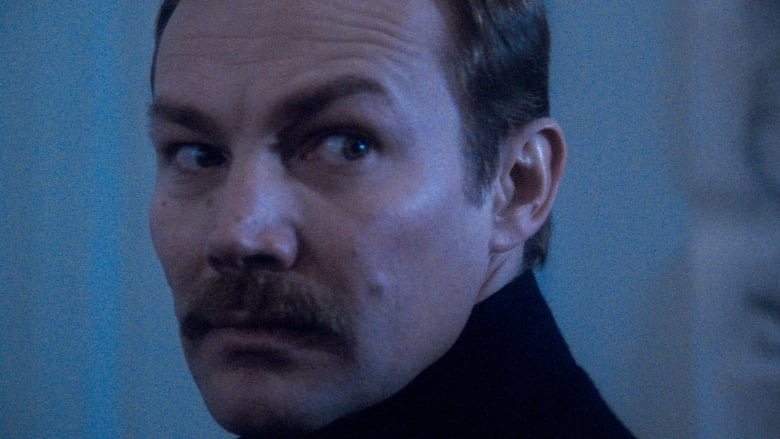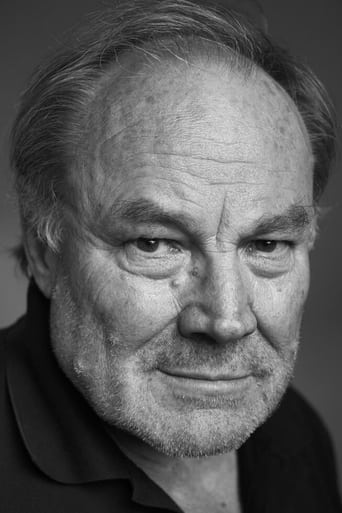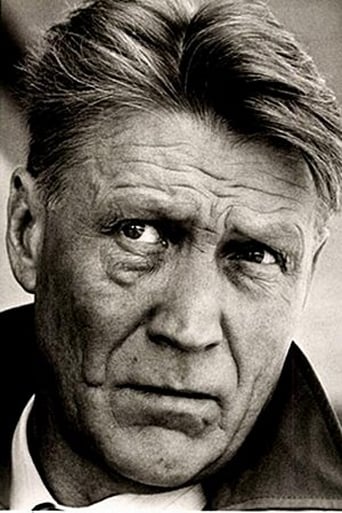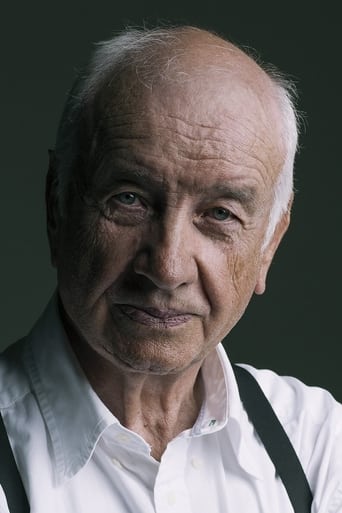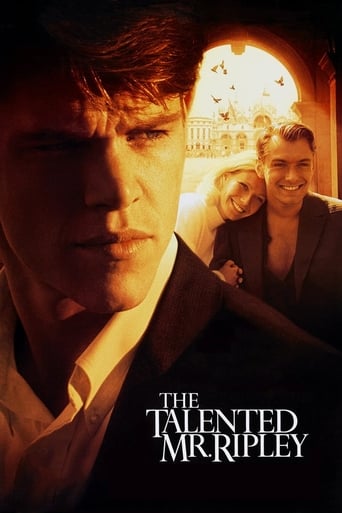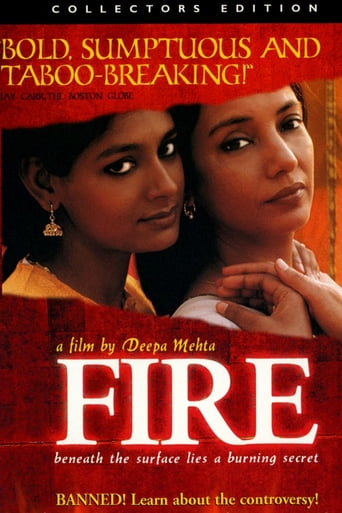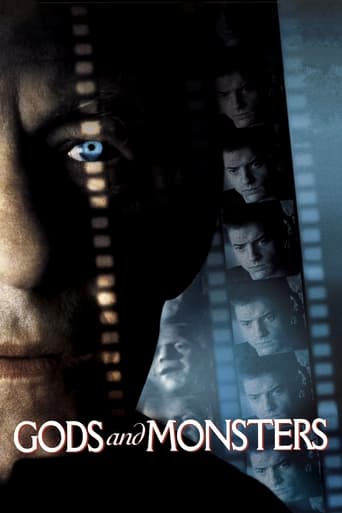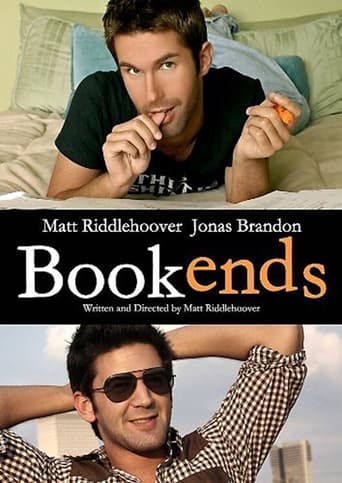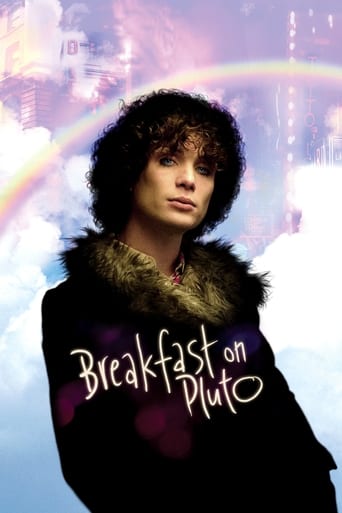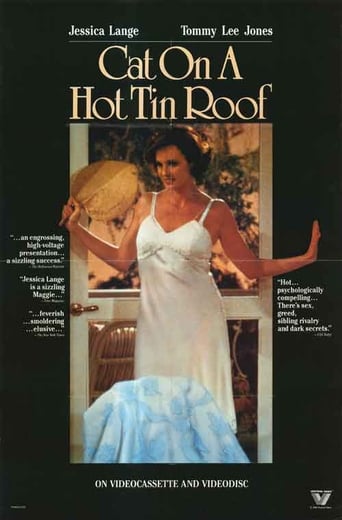Colonel Redl (1985)
Set during the fading glory of the Austro-Hungarian empire, the film tells of the rise and fall of Alfred Redl, an ambitious young officer who proceeds up the ladder to become head of the Secret Police only to become ensnared in political deception.
Watch Trailer
Cast
Similar titles

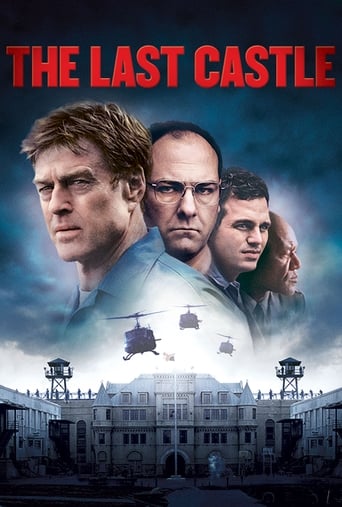
Reviews
This is one of the few movies I've ever seen where the whole audience broke into spontaneous, loud applause a third of the way in.
If you like to be scared, if you like to laugh, and if you like to learn a thing or two at the movies, this absolutely cannot be missed.
It’s not bad or unwatchable but despite the amplitude of the spectacle, the end result is underwhelming.
Although I seem to have had higher expectations than I thought, the movie is super entertaining.
Unlike most people who know both films (there aren't many!), I've always preferred this 1985 film to Klaus Maria Brandauer's - and director István Szabó's Oscar winning 'Mephisto', from 1981.'Mephisto' won an Oscar, for Foreign language film and as such, István Szabó remains Hungary's only ever Academy Award recipient. The two films have similarities, with Brandauer giving superbly nuanced yet powerful performances and both as high ranking Military Officers, German in Mephisto and Austro-Hungarian in this.Colonel Redl is a made up character that is drawn from historical records and the story that ensues is based on John Osborne's play 'A Patriot for Me' and we follow Redl as boy, all the way through to his high-ranking officer just before the onset of the Great War. It's a compelling study of the decaying Empire that so dominated turn-of-the- century Europe and the bubbling resentments and labelling of ethnic groups within that start to make us feel us uncomfortable as the recognisable Monster that was to become becomes apparent.It is Brandauer's calm and chilly persona that is both compelling and slightly disturbing. In Mephisto, in comparison, he is far more dramatic, even over-the-top, though the critics might say otherwise. As Redl coolly bulldozes his way through the ranks, craftily getting on the right side of everyone he needs to, his feelings toward a younger officer let slip and after the affair, his decimation from power is calculatingly abrupt and shocking, revealing a paranoid State.There is excellent support from Armin Mueller-Stahl, recognisable from many English speaking films, usually as a German SS officer, as the doomed but supremely powerful and influential Archduke Franz Ferdinand.The period detail is perfect as is the cinematography, looking radiantly splendid in the great halls and ballrooms, beautifully evocative in the snowy wastelands and suitably grim in the film's darker moments.As I said, Colonel Redl certainly deserves to be as known as Mephisto - and of course, both far more than just specialist films for Art House lovers, that they seem to be casually categorised as.My DVD was a Korean release that, once the subtitles were changed to English (from the default Korean) played like just like a 'normal' one.
The film traces the military and romantic careers of Colonel Alfred Redl from his humble beginnings, through a military academy, into the Austro-Hungarian army, to the guileful environment of high political intrigue, to his ultimate altruistic suicide in 1913. It's supposedly based on a true story but since so little seems to be known about the true story, the epistemology of the plot is questionable. Nobody really knows what happened.Brandauer delivers a remarkable performance, displaying great range, especially for a man with a face of such ordinariness. He looks like a guy who should be managing the produce section of a supermarket. Yet for all the talent of Brandauer and director Szabo, we don't get to know too much about what's going on inside Colonel Redl's head. The role doesn't give him a chance to pour out his soul to anyone, and, indeed, it's improbably that the real Redl would have done any such thing. His marriage, to a good-looking babe who loved him, was a matter of convenience. His friendships with his colleagues was constrained out of necessity because of Redl's latent homosexuality and because, after all, real men don't talk about their feelings -- they blow their brains out, but they don't talk about their feelings. Example: How does Redl feel about his early youth in the provinces? Well, while passing through his home town, he instructs the driver to pass the old house in which he spent his childhood, and he rubs a vacancy in the frosted window so that he can stare at it without expression for about five seconds. What's going on? What wheels and gears are turning in his memory, if any? It's anyone's guess.Nice score. Nice period decor and wardrobe. Nice performances from the other players, especially Armin Mueller-Stahl as ruthless Archduke Franz Ferdinand. He has such handsomely clear blue eyes, and he's soft spoken, reasonable, and as treacherous as a rattlesnake. Not that it does him much good, if you remember what started World War I. Elegant music -- Strauss and Chopin. Great marches, full of traps and whistling piccolos and irony. Makes you want to become an officer in the army in 1913 so you can shoot yourself.The film is paced kind of slowly and the intrigue is never overstated, so a certain amount of patience and attention is required. If anyone has a mind adjusted to the lightning-fast editing of a modern action movie, he's unlikely to find this film satisfying. The rest of us will find it interesting and, in the end, rather tragic.
Brandauer again shows why reviews of his work often include the word 'magnetic' - You just don't take your eyes off him. His range is remarkable, his control of the minutest gesture superb, the subtlety of his physical screen presence majestic.Szabo's direction is again precise but not heavy handed. If this doesn't have quite the sweep or sting in the tail of their previous collaboration, Mephisto, it is still one of the finest European films of its time.The story is superbly crafted; to leave Muller-Stahl's Archduke Franz Ferdinand out until the last hour or so is an outstanding narrative technique, and if Muller-Stahl's performance is a trifle one-note, that's as much due to narrative constraint as actor ability - he's still pretty effective, and its one of his best roles.Szabo has an ability to investigate history in a curiously personal and touching sense of the individual, but leaving that individual dispassionately, and gazing at him objectively; thus what comes across is a really detailed and involving character struggling against an incredible force of inevitability. Like Visconti, broad strokes, but painted in the minutest of details - only unlike Visconti, full blooded and direct.It's at times witty, literate and touching, but always beautiful.
The film has an interesting (real) story to tell about the Austrian ruling class in the final days of the Austro-Hungarian empire, just before World War I. It does that by the focussing on the fortunes and misfortunes of its central character, Oberst Redl, a career-officer from comparatively humble origins.The story is interesting, the performances are good, but this is still not a great film. Why? I often felt I was watching an adaptation of a stage play, e.g. the movie moves along at a very slow pace and is equally slow into getting us into the lead character. Moreover, I felt distracted by sets and costumes. Austrian uniforms from that period were very glamorous and so it is quite appropriate to use them, but the viewer is constantly subjected to all this glamour, distracting his or her attention from what the film really wants to say.

